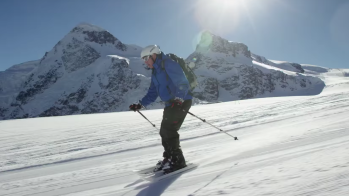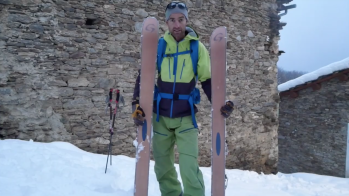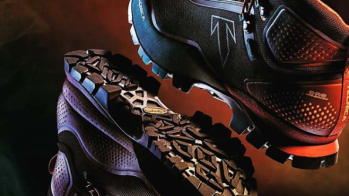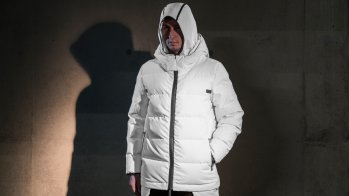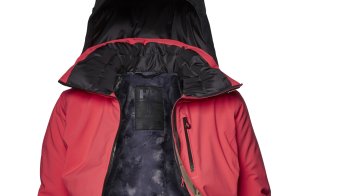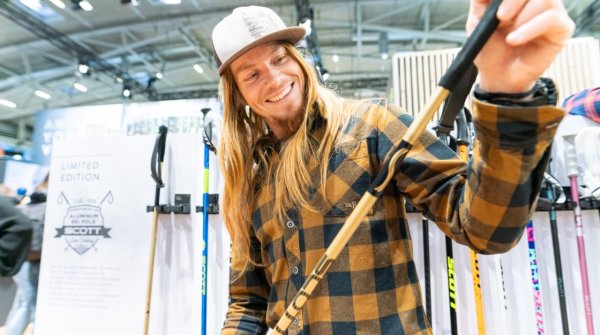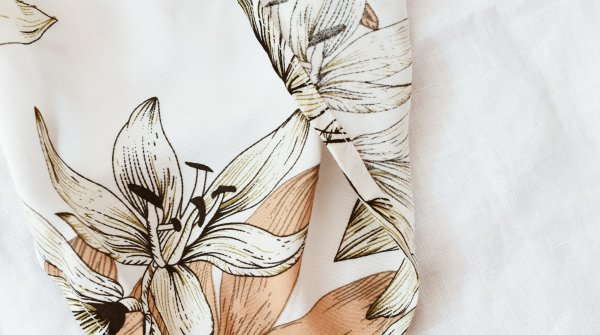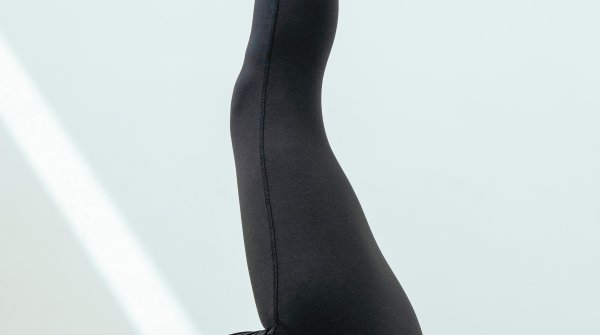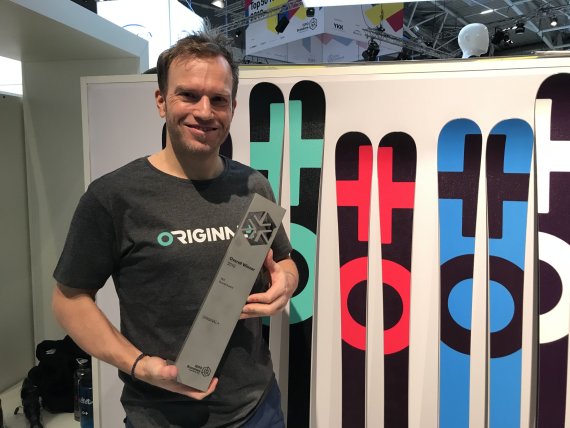
The last ISPO Munich 2019 made one thing clear: the industry ensnares the costumer's ego. Individualization is everywhere, made possible and encouraged by digitalization processes in ski construction, in the textile industry, in shoe manufacturing or by portable gadgets and suitable apps. The customers themselves contribute to the development and production processes and leave their very personal fingerprint in the product, be it through the self-designed design or through their biometric data. The goal: an unmistakable, unique, perhaps even a collector's item, or individually adjustable and adaptable functions, adapted to the changing needs of the customer.
Original+ is a good example. This year's winner of the ISPO Brandnew Award wants to challenge the ski industry to find a niche in the highly competitive market and to question the status quo according to their own statements. How's that? By getting the skier and customer on board when designing their own skis. Via the Origo software, the customer provides information on individual ability and reveals data on personal physique, driving style and taste. From these, a self-developed algorithm calculates the individual ski, which is produced with the appropriate stiffness and tuning parameters. The whole thing runs directly and online, a dealer is no longer needed. For 620 Euro the customer gets the feeling: My ski - it is truly unique.
The Winter Sports Trends 2018/2019 in Pictures
In the opinion of the Austrian ski manufacturer Kästle, however, one would have to go even further. The company from Hohenems in Vorarlberg has developed special terminals for retailers, on which the individual ski is designed in four dimensions with the help of the iD4 software: Terrain, ski level, anatomy and design. The customer feeds the software with his data on body type, driving style and preferred terrain, the algorithm calculates the suitable ski, whose configured data is forwarded to Vorarlberg.
There the production is started automatically, including the personal design. A specially developed printer prints the customer's initials and personal signature on the foil in varnish. The effect on the customer ego does not fail to materialize. No ski is selected from an existing range, each pair is unique, ready after five working days and costs 2400 euros. Ultimately, the first computer costed a million dollars and the company says the goal is to optimize processes so that a larger number of customers can be supplied at a better price.
The Swiss company BBoard works quite similarly to Original+. It offers the corresponding customizing for snowboards with the addition that the customers can also create the design according to their wishes.
Customizing also becomes a buzzword in shoe production. Every foot is different, every person has different running characteristics. This is the thought behind Ecco Quant-U. The Danish shoe manufacturer Ecco processes silicone mid soles produced by the 3D printer after the personal parameters of the foot have been recorded. 3D scanners map the individual footprint and foot shape. Portable sensors trace personal motion sequences. This biomechanical data is translated into an individual, custom-fit midsole that is printed directly by a 3D printer. It replaces the conventional PU midsole. The result is an individually adapted shoe sole.
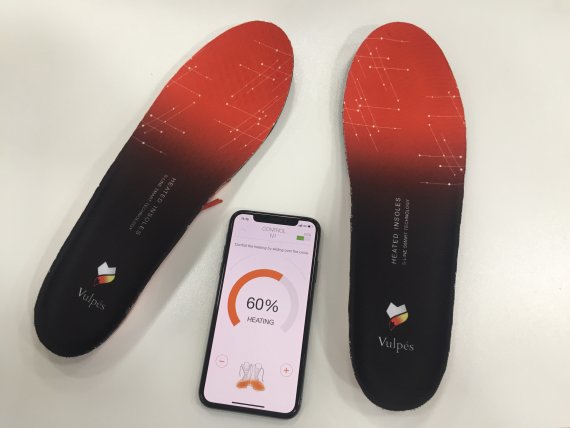
It is well known that the sensation of warmth and cold differs from person to person. Vulpés believes in the future of intelligent clothing. As proof, the company presented a temperature control in shoe soles, gloves and caps controlled via Smartphone-APP. Smart heatable gloves are the name of the game and are just the beginning of a fully networked clothing system that will be followed not only by thermal but also other functions such as lighting, music streaming, navigation and monitoring of vital functions - all remote-controlled via smartphone, of course.
In order to make customizing affordable, fully automated production and development processes are required that enable individual configurations and flexible production of small quantities without having to forego the advantages of series production. At ISPO Munich, the German Institutes for Textile and Fiber Industries (DITF) presented the so-called Microfactory, which is intended to revolutionize the rigid and slow supply chain in the textile industry in order to be able to satisfy customer needs immediately.
The visitors were able to experience a completely networked technology workflow model that links the 3D simulation of the clothing with the production process and, for example, created ski pants individually printed according to the customer's wishes before the eyes of the audience, from design to the finished product. Celebrated as a milestone for industry 4.0, the advantages of the Microfactory are obvious: flexibility, shorter process chains and transport routes, as well as local production with lower personnel costs.
The companies do not only caress the ego of the athletes with individualized clothing and equipment. Training programs, for example for ambitious skiers, are also tailored to the skills and style of skiing of each individual. The Swiss company Snowcookie gives the skier and his skis three sensors that communicate with a smartphone app. They record the driving movements and analyse the carving technique, speed and posture of the user. Just skiing was yesterday. From now on we train smart.
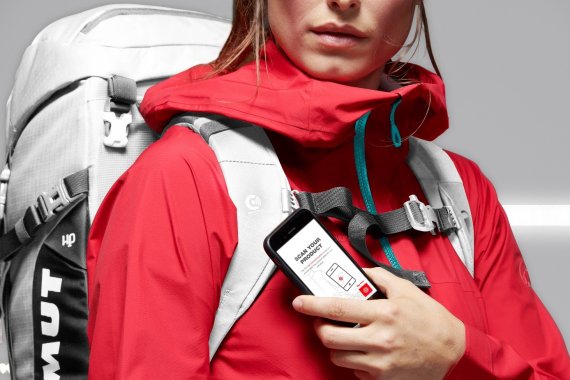
The company Mammut wants to digitally link "individual mountain experiences" with its product. Thanks to NFC technology (Near Field Communication), mountain athletes can connect to their equipment using the Mammut Connect app. Through them he receives special offers, e.g. he can extend the warranty of his products. The app also offers:
- product videos
- a personal summit diary
- the possibility for personal product feedback
- interaction with the community, i.e. other Mammut customers
According to Mammut, the aim is to combine a product and outdoor experience to create a "personal moment".
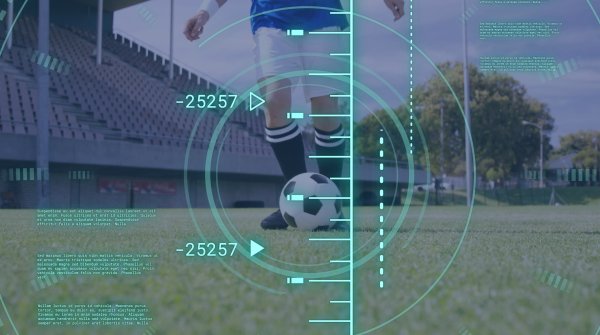 SportsTechUnlocking the Future of Sports with AI
SportsTechUnlocking the Future of Sports with AI
- ISPO awards
- Mountain sports
- Bike
- Design
- Retail
- Fitness
- Health
- ISPO Job Market
- ISPO Munich
- ISPO Shanghai
- Running
- Brands
- Sustainability
- Olympia
- OutDoor
- Promotion
- Sports Business
- ISPO Textrends
- Triathlon
- Water sports
- Winter sports
- eSports
- SportsTech
- OutDoor by ISPO
- Heroes
- Transformation
- Sport Fashion
- Urban Culture
- Challenges of a CEO
- Trade fairs
- Sports
- Find the Balance
- Product reviews
- Newsletter Exclusive Area
- Magazine

